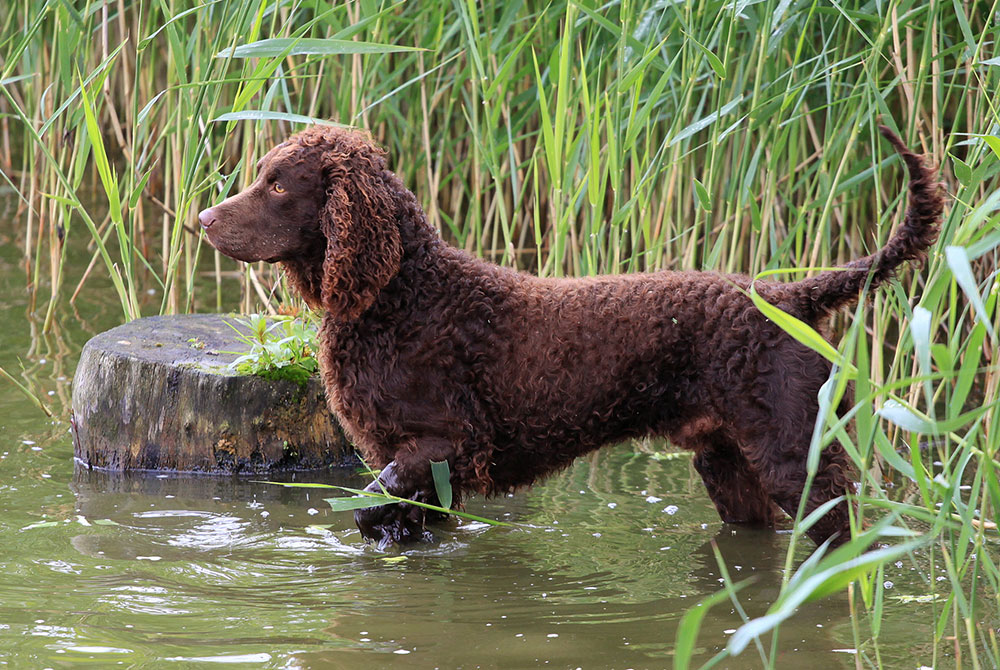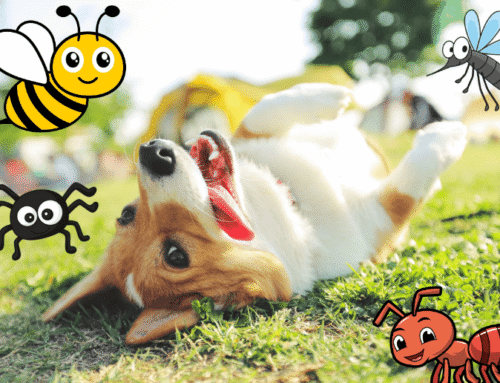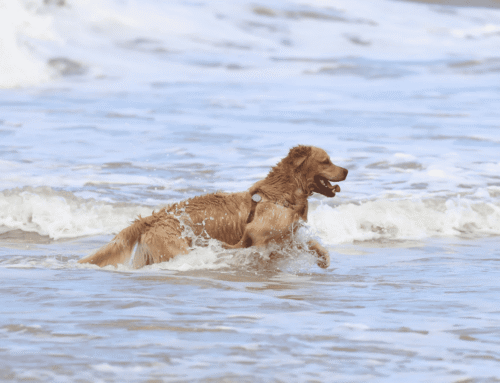At Mount Pleasant Animal Hospital, our mission is to keep your furry friends healthy and happy. As part of this commitment, we want to educate you about two important but sometimes overlooked health concerns: leptospirosis and giardia. Both can affect pets and knowing more about these conditions can help you protect your beloved animals.
Leptospirosis: What You Need to Know
Leptospirosis is a bacterial infection caused by the Leptospira bacteria. This disease can affect both pets and humans, making it crucial for pet owners to be informed. The bacteria are commonly found in water contaminated with animal urine, particularly from wildlife such as rodents and raccoons.
Symptoms in Pets:
Leptospirosis can be quite serious, and symptoms may include fever, vomiting, diarrhea, muscle pain, and lethargy. In severe cases, it can lead to kidney or liver damage, which can be life-threatening.
Transmission and Prevention:
Dogs can contract leptospirosis by coming into contact with contaminated water, soil, or even through direct contact with infected animals. In Charleston, the risk is notably present due to the abundance of standing water from frequent rain and local puddles on sidewalks. Even urban areas, including sidewalks, are not immune, as rodents and raccoons are common in town and can pose a significant threat to pets. Preventive measures include keeping your pet away from standing water and ensuring they are up-to-date on vaccinations. The leptospirosis vaccine is available and is highly recommended, particularly for dogs that spend a lot of time outdoors or in areas where wildlife is prevalent. Book your appointment here.
For more detailed information on leptospirosis, you can read this article from the American Veterinary Medical Association.
Giardia: Understanding the Parasite
Giardia is a microscopic parasite that causes an intestinal infection known as giardiasis. It’s spread through ingestion of contaminated water or food, or by coming into contact with contaminated surfaces.
Symptoms in Pets:
Symptoms of giardiasis in pets include diarrhea, weight loss, and abdominal discomfort. While it may not always cause severe illness, it can lead to chronic digestive issues if not addressed.
Transmission and Prevention:
In the Lowcountry’s moist environment, giardia is often found in areas where pets have access to standing water or are in close contact with other infected animals. Due to our low water table and frequent rains, water puddles form readily and can easily become contaminated. Ensuring your pet has access to clean, fresh water and practicing good hygiene, such as cleaning up feces promptly, can help reduce the risk of infection. If your pet shows symptoms of giardiasis, a veterinarian can diagnose the condition through stool tests and recommend an appropriate treatment plan.
For more detailed information on Giardia, check out our informational packet here.
Important Note for Pet Owners: Humans can have their own species of giardia, but if your pet has been diagnosed with giardia and you or anyone in your household is immune-compromised, consult your doctor for additional precautions. For more comprehensive information on the human giardia species, refer to this article from the Centers for Disease Control and Prevention (CDC).
What to Do if You Suspect Your Pet is Ill
If you notice any signs of illness in your pet or suspect they might have leptospirosis or giardiasis, it’s important to consult with your veterinarian as soon as possible. Early diagnosis and treatment can make a significant difference in the outcome.
At Mount Pleasant Animal Hospital, we are here to provide the care and support your pets need to stay healthy. Regular check-ups, vaccinations, and preventative measures are key components of maintaining your pet’s health and well-being.
Remember, your pet’s health is our top priority. If you have any questions or concerns about leptospirosis, giardia, or any other health issues, don’t hesitate to reach out to us. We’re here to help ensure your pets live long, happy, and healthy lives.








